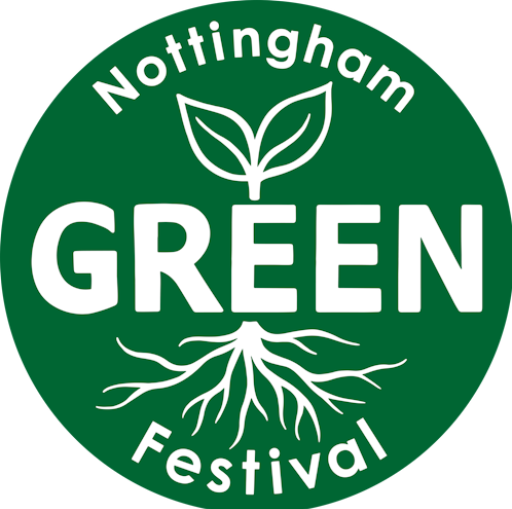The Green Festival was pleased to extend a special invitation to Nottingham-based direct aid charity, Muslim Hands, to hold an awareness raising and fundraising stall as a response to the 2022 Pakistan Floods.
Alongside their application to attend again in 2023, they attached this comprehensive sustainability statement:
We have long been prioritising environmental sustainability in all our projects. Many of the people in the developing world suffer the consequences of our irresponsible and indulgent lifestyle choices so it is our responsibility to be aware of the environmental impact that our actions have on others.
At Muslim Hands, we believe in operating projects in partnership with communities to deliver effective support that works in harmony with the surrounding environment. This means working locally to find sustainable solutions to the problems that people face.
This can take many forms. Rather than flooding markets with foreign produce, we purchase food, clothes and other necessities in the vicinity, or as close by as possible which reduces the carbon footprint and also boosts business for local traders.
Rather than clearing land for farming, we encourage the planting of orchards to bind the soil and provide people with a natural, long-term income source. Instead of using generators to produce electricity on new builds we use solar energy to reduce CO2 emissions. And environment forms an important part of our school curriculum, ensuring that the green message is passed onto future generations.
These are some examples of projects that Muslim Hands has been involved in
1. In Bangladesh, Our Rohingya Shelter Home project has built sturdy shelters for the most vulnerable in the community. Made from strong, long-lasting materials, including bamboo and metal, and supported by concrete pillars, the shelters provide reliable, homes that withstand extreme rains. Not only does this protect families physically, but it gives those who have faced so much trauma and uncertainty, a sense of much-needed normalcy and security.
2. In Mauritania, where 1 in 4 children is already living in extreme poverty, the effects of desertification, whereby formerly fertile land turns into barren desert is having a devastating impact. Muslim Hands is working with the community in the village of Taguilalett, which is being submerged in sand at an alarming rate, to plant thousands of trees as a natural sand barrier, as well as using crops and innovative irrigation techniques to provide fertile plots of land for farming. By planting trees, this will bring a whole community back to life, giving them protection from the sand, shade from the
heat and sustainable incomes for their families.
3. With your ongoing donations, our teams have continued to implement tree-planting projects across Pakistan, recently committing to planting 700 trees in areas where we are already building Tube Wells. These will be a source of nutrition for impoverished communities, as well as providing protection for the environment.
4. To protect families from any future floods that may occur, we have built brick houses in place of the mud homes that were destroyed in Pakistan. A home will give shelter to at least five flood survivors. It is built with 13,000 bricks, nine-foot walls, seismic beams to protect against earthquakes, steel reinforced girders in the roof as well as iron windows and doors. Each home is built on a three-foot high cemented platform base, with a damp proof course, to protect against flooding and reduce the risk of damage in the future, which follows the disaster risk reduction framework approved by the government of Pakistan.
5. Olive trees are ‘a barrier to desertification and erosion’ [International Olive Council] and they clean the air. Moreover, they are a source of livelihood for over one million Palestinians, as well as providing nutrition and medicine. Our latest olive tree plantation is supporting 300 families – over the years, you have supported thousands of Palestinians with this precious gift!
6. Muslim Hands has installed a Rainwater harvesting system. Rainwater harvesting is the process of collecting water from surfaces, filtering it and storing it for everyday use. This is an innovative and effective solution in hilly or mountainous areas, where extracting water from the ground is difficult and environmentally risky. It reduces flood risks and has apositive impact on local ecosystems and wildlife.
7. In previous years, our team in Somalia are running a ‘Disaster Risk Reduction’ programme, which aims to reinforce river embankments and dams in order to preserve existing ecosystems and prevent ongoing damage to farmland, while reducing food insecurity and people being forced to leave their homes.
Other projects
1. Installing Solar-powered water wells in Pakistan, Mali, Niger and Malawi
2. Fruit trees plantations in Pakistan
3. Providing farming tools and seeds
4. Bicycle-environmental friendly transport
5. Honey Production kit
6. Water Purifier
Green Festival Stall
1. We will have leaflets and info about the projects we have been involved with
2. We will be raising funds to support one of our environmental projects
3. We will have some fun kids activities and also eco-friendly sweets
